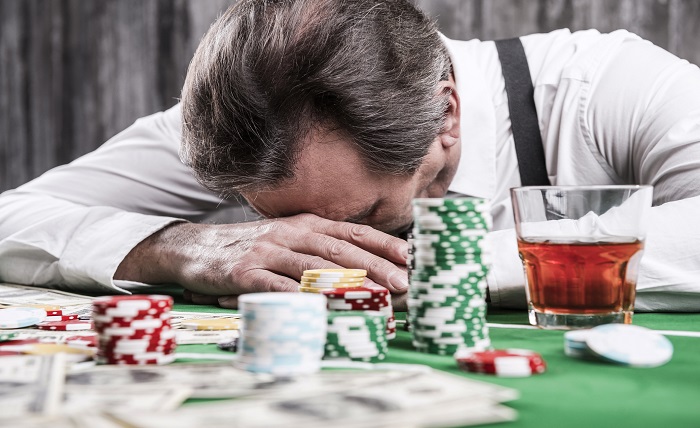Problem gambling – Side effects of gambling addiction.

Gambling can be a fun and exciting activity, but it can also be difficult to control. Problem gambling is a serious condition that can have serious consequences, including financial loss, relationship problems, mental health issues, and more. If you or someone you know is struggling with problem gambling, there are resources available to help. Reach out to a trusted family member, friend, or professional for support. Additionally, there is a range of support services available, such as Gamblers Anonymous, gambling helplines, and counseling services. It’s important to remember that help is available and that you don’t have to face this alone.
The Main Types of Gambling Addiction
Gambling addiction is a serious issue that can have a negative impact on an individual’s life. There are several main types of gambling addiction, such as problem gambling, compulsive gambling, and pathological gambling. Problem gambling is characterized by an inability to control gambling habits, resulting in financial and relationship problems. Compulsive gambling is when an individual continues to gamble despite the negative consequences of their behavior. Pathological gambling is the most severe type of gambling addiction, which is marked by an obsession with gambling and an inability to control the behavior. If you or someone you know is struggling with a gambling addiction, it is important to seek help from a professional.
How Gambling Addiction Starts
Gambling addiction, or compulsive gambling, can start with a single bet. It can be triggered by a big win or a streak of luck. It can also start as a way to cope with anxiety, depression, or stress. As people continue to gamble, they may become preoccupied with the activity, spending more time and money than intended. They may lie about their gambling, hide their activities, and become increasingly isolated. As gambling becomes more of an issue, it can start to affect other aspects of life, including work, relationships, and finances.
Ludomania in Adults
Ludomania, or compulsive gambling, can be an issue for adults. It is important to recognize the signs of ludomania and seek help if you or someone you know is struggling with it. Compulsive gambling can lead to serious financial, emotional, and social issues and should always be taken seriously. If you or someone you know is struggling with ludomania, there are a number of support systems available to provide assistance. Professional counseling, 12-step programs, and support groups can all be very helpful in dealing with compulsive gambling. Talking to a trusted friend or family member can also be a great way to get the help you need.
Gambling Addiction in Children
Gambling addiction can be a very serious issue among children. It can lead to a range of negative impacts on their lives, including financial debt, academic difficulties, and social problems. Parents should be aware of the signs of gambling addiction in their children, such as increased secrecy, lying, skipping school or work, and asking for money. If you are concerned that your child may be struggling with gambling addiction, consider seeking help from a licensed mental health professional who specializes in problem gambling. Additionally, there are many resources available to help families and children affected by gambling addiction, such as the National Council on Problem Gambling (ncpgambling)
Gambling Addiction: Consequences
Gambling addiction can have serious consequences on a person’s life. It can lead to financial ruin, relationship issues, and an increase in stress and anxiety. It can also lead to health problems such as insomnia, poor appetite, and depression. In extreme cases, it can even lead to suicidal thoughts and attempts. It is important for people who are struggling with gambling addiction to seek help and to take steps to address the problem before it spirals out of control.




